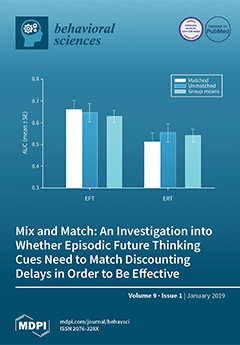Introduction: There is growing scientific interest in understanding the biological mechanisms affecting and/or underlying violent behaviors in order to develop effective treatment and prevention programs. In recent years, neuroscientific research has tried to demonstrate whether the intrinsic activity within the brain at rest in the absence of any external stimulation (resting-state functional connectivity; RSFC) could be employed as a reliable marker for several cognitive abilities and personality traits that are important in behavior regulation, particularly, proneness to violence.
Aims: This review aims to highlight the association between the RSFC among specific brain structures and the predisposition to experiencing anger and/or responding to stressful and distressing situations with anger in several populations.
Methods: The scientific literature was reviewed following the PRISMA quality criteria for reviews, using the following digital databases: PubMed, PsycINFO, Psicodoc, and Dialnet.
Results: The identification of 181 abstracts and retrieval of 34 full texts led to the inclusion of 17 papers. The results described in our study offer a better understanding of the brain networks that might explain the tendency to experience anger. The majority of the studies highlighted that diminished RSFC between the prefrontal cortex and the amygdala might make people prone to reactive violence, but that it is also necessary to contemplate additional cortical (i.e., insula, gyrus [angular, supramarginal, temporal, fusiform, superior, and middle frontal], anterior and posterior cingulated cortex) and subcortical brain structures (i.e., hippocampus, cerebellum, ventral striatum, and nucleus centralis superior) in order to explain a phenomenon as complex as violence. Moreover, we also described the neural pathways that might underlie proactive violence and feelings of revenge, highlighting the RSFC between the OFC, ventral striatal, angular gyrus, mid-occipital cortex, and cerebellum.
Conclusions. The results from this synthesis and critical analysis of RSFC findings in several populations offer guidelines for future research and for developing a more accurate model of proneness to violence, in order to create effective treatment and prevention programs.
Full article






